Israel's top court annuls West Bank settlement legalization law, draws praise from rights groups
Israel’s Supreme Court has struck down a controversial 2017 law that would have allowed the regime to expropriate private Palestinian land, where thousands of settler units have been built, drawing praise from advocacy groups.
In a vote of eight to one, the nine-judge panel of the court ruled that the so-called Law for the Regularization of Settlement in Judea and Samaria “was unconstitutional and ordered it nullified.”
The law did not “provide sufficient weight” to the status of “Palestinians as protected residents in an area under belligerent occupation,” read a court statement.
It also “violates the property rights and equality of Palestinians, and gives clear priority to the interests of Israeli settlers over Palestinian residents [of the West Bank],” the statement added.
In February 2017, the Israeli Parliament (Knesset) approved the contentious measure, which allowed settlers to remain on land if they built there without prior knowledge of Palestinian ownership, or if homes were constructed at the Tel Aviv regime’s direction.
It was meant to retroactively legalize about 4,000 settler units on privately owned Palestinian land.
However, soon after passage, the law was frozen while the court heard petitions filed by several rights groups against it.
B’Tselem, an Israeli rights NGO, praised the court’s decision, but expressed regret that it does little to stop the regime’s larger settlement project.
“All lands in the West Bank are Palestinian, and even after today’s HCJ (High Court of Justice) ruling Israel will continue to take over more and more Palestinian land. This reality of ongoing land theft by ... Israel does not fundamentally change today, nor does it diminish the Israeli HCJ’s role in legitimizing it over the years,” it said.
The Peace Now settlement watchdog said, “We have curbed the unsuccessful attempt to expropriate private land of people living under occupation by a government they did not choose for the benefit of new settlements aimed at foiling a political agreement [to end the conflict].”
Reacting to Tuesday’s ruling, Israeli Prime Minister Benjamin Netanyahu’s right-wing Likud party said it was “unfortunate” that the court had intervened on what it called “an important law for settlement activity and its future,” vowing to work to re-enact it.
On the contrary, the centrist Blue and White political alliance, Likud’s coalition partner, explained that the formulation of the settlement legalization law “contravened Israel’s constitutional situation and the legal difficulties it posed were known back when it was passed in the Knesset.”
“We respect the court’s decision and will work to ensure that it will be respected,” it noted in a statement.
Israeli lawmaker Nitzan Horowitz, the head of Meretz party, denounced the 2017 law as “racist” and “contravening of the most basic moral standards.”
He further warned that Netanyahu’s looming plan to annex large parts of the West Bank “will create a much greater injustice.”
Israel's new coalition, led by Netanyahu, plans to impose its “sovereignty” over West Bank settlements and the Jordan Valley — some 30 percent of the West Bank — as of July 1.
US President Donald Trump gave Tel Aviv the green light for the land grab in his self-proclaimed “deal of the century,” which was unveiled in January with the aim of legitimizing Israel’s occupation and re-drawing the Middle East map.
VIDEO | ‘Clear stance’: Iran reiterates its nuclear rights as per NPT, intl. law
Press group: Israel accountable for two-thirds of 129 journalist fatalities in 2025
Iran summons Dutch ambassador to protest diplomat’s smuggling attempt
Iran’s rejection of nuclear weapons based on religious beliefs: Pezeshkian
'Profound moral decline': Netizens blast Modi for whitewashing genocide in Knesset speech
VIDEO | Venezuela launches 'love is rewarded with love' campaign in solidarity with Cuban people
In longest-ever State of Union address, Trump tries in vain to convince nation US is 'winning'
3rd round of nuclear talks opens in Geneva; Iran’s proposal seen as ‘test’ of US sincerity





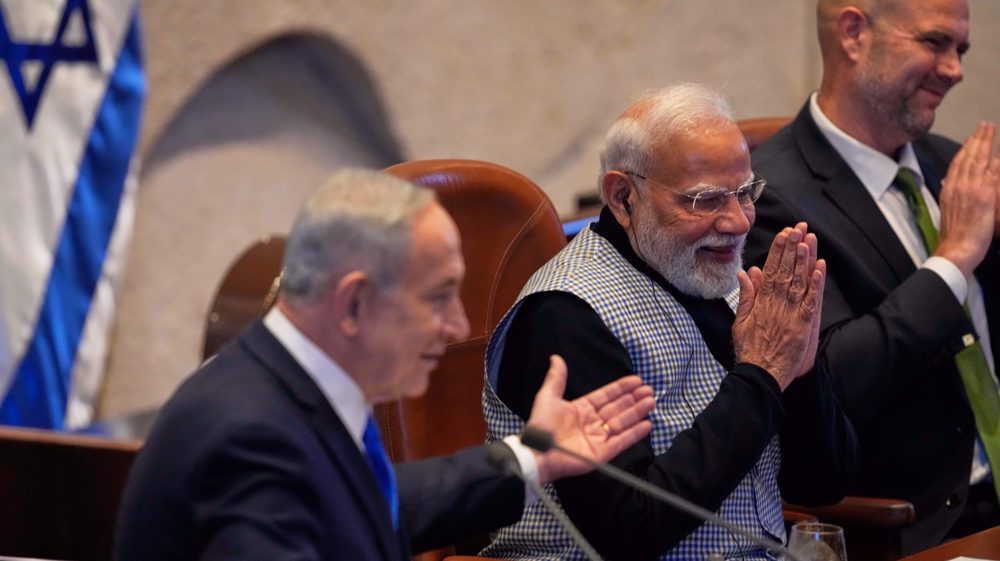
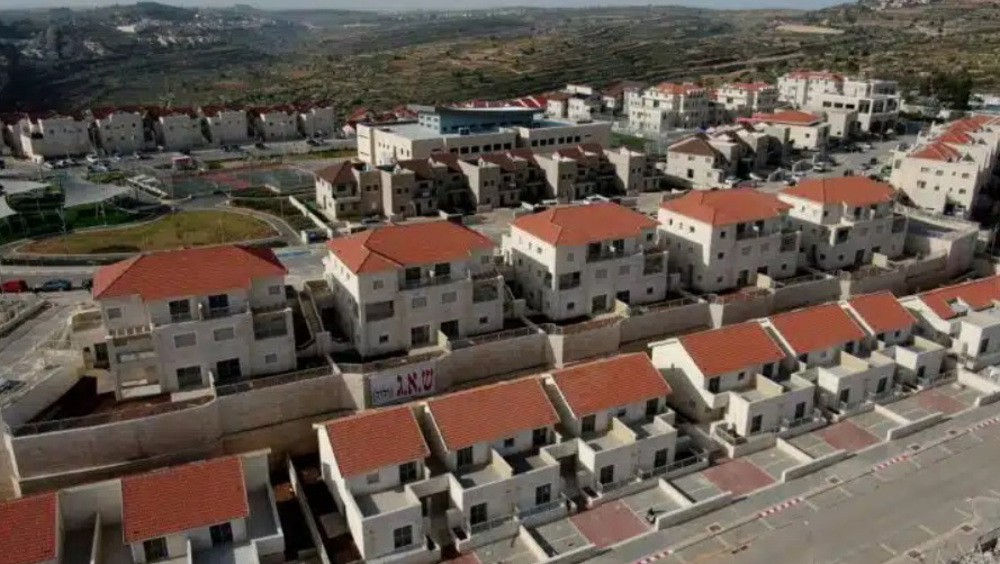




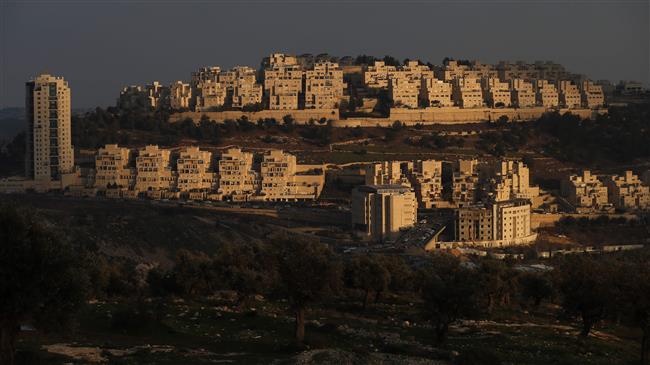
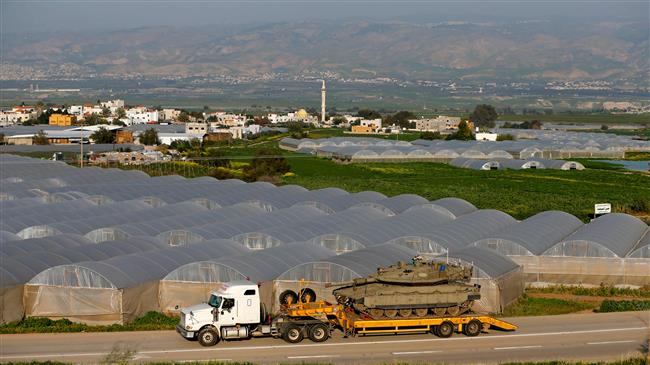
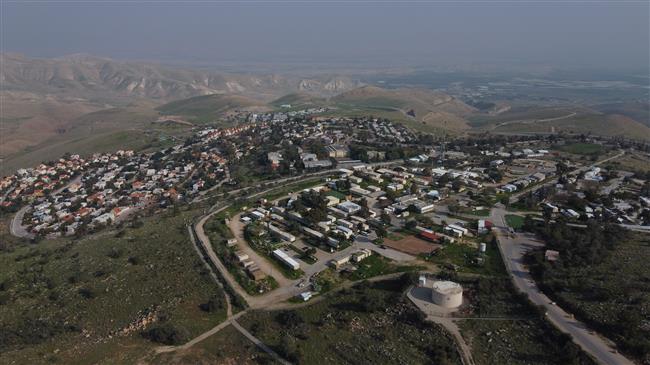
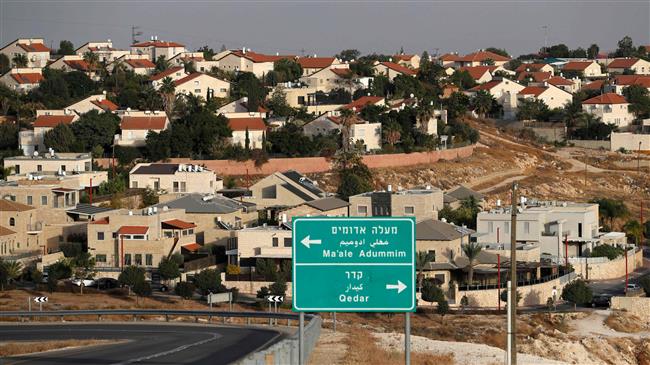

 This makes it easy to access the Press TV website
This makes it easy to access the Press TV website